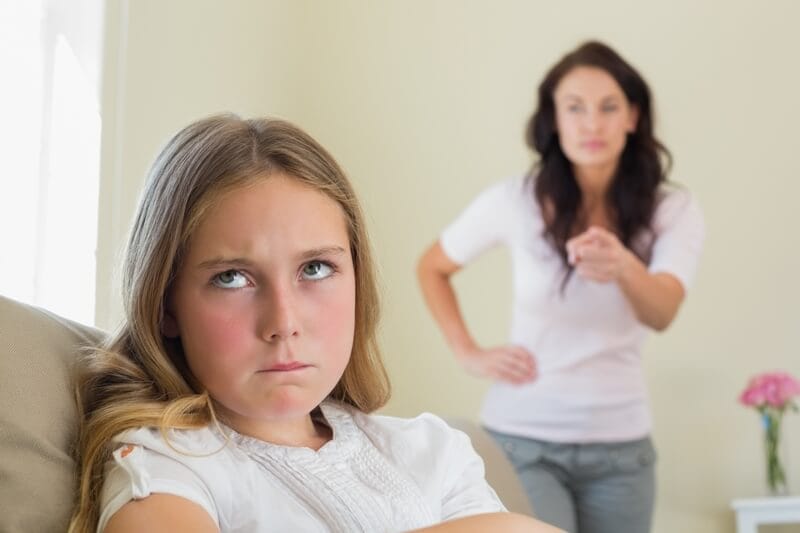Bedwetting during sleep prevails in young kids and thought about regular up to age 6. Still bothered? Here's what you require to understand.
Bedwetting, also called nighttime enuresis, is a common condition impacting some 5 million children in the United States-- it's more typical in young boys than girls. "Physicians do not think about children to be 'bedwetters' unless they wet the bed during the night after age 6," describes Howard J. Bennett, MD, a pediatrician in Washington, D.C., and author of a number of health-related books for kids, including Getting up Dry: A Guide to Help Kid Overcome Bedwetting
If your child is under the age of 6 and is still moistening the bed, don't be overly worried. He most likely will outgrow the condition, states Dr. Bennett. "Although bedwetting disappears, kids need to not need to wait if they wish to be dry now," he continues.
Understanding Bedwetting.
Physicians identify bedwetting as either primary bedwetting or secondary bedwetting.
Primary bedwetting is being unable to remain dry for 6 successive months.
Secondary bedwetting is wetting again after having been dry for six consecutive months.
Adult bedwetting is likewise a problem. Studies show that at least 2 percent of grownups experience bedwetting.
What Triggers Bedwetting?
Bedwetting runs in families. "About 75 percent of children who wet the bed at night have a moms and dad or first-degree relative who had the very same problem as a child," states Bennett.
Most of the times, main bedwetting is not brought on by an underlying medical problem. Nevertheless, secondary bedwetting in kids and adults might be the outcome of a urinary system infection, a prostate problem in males, diabetes, sleep apnea, sleep conditions, sickle cell illness, or certain neurological issues. Emotional stress, such as the death of an enjoyed one or a change in one's environment, might likewise trigger secondary bedwetting.
Irregularity can likewise trigger bedwetting, states Bennett. "This takes place due to the fact that the rectum is anatomically ideal behind the bladder. If a kid has an extremely complete anus, it can disrupt bladder size and it can cause irregular bladder contractions that may lead to nighttime wetting," he explains.
How Is Bedwetting Treated?
Most children will grow out of bedwetting on their own; treatment is usually not needed unless the child is bothered by bedwetting. However, here are a number of strategies you can try before going to sleep to avoid bedwetting:
Limitation just how much your child beverages prior to bed. Consuming excessive after supper is ruled out to be a cause of bedwetting, although it can cause occasional damp nights, states Bennett.
Go to the restroom prior to bed, and then once again. Have your kid go to the bathroom-- or a minimum of attempt-- prior to going to sleep. Also wake up your child prior to you go to sleep and take him to the bathroom.
Try a bedwetting alarm. If the above pointers do not seem to assist, attempt a bedwetting alarm. A bedwetting alarm works by sounding off as quickly as it senses urine. The alarm will wake your kid so that he can get up to utilize the bathroom. Alarms for Bedwetting at age 7 are highly efficient, however also require a great deal of perseverance and devotion on the part of the child and moms and dads. "When utilized properly, the alarm works 75 to 80 percent of the time," says Bennett. Make certain to advise your kid to reset the alarm prior to returning to sleep.
Medications. Certain medications may help prevent bedwetting. Nevertheless, medication is generally used as a last option or for short-term use just, such as for a sleepover or overnight camp, and is not suggested for children more youthful than age 5. Medications used for bedwetting include desmopressin (DDAVP), imipramine (Tofranil), and oxybutynin (Ditropan).
These techniques may also assist adult bedwetting problems.
Bedwetting can be distressing for a kid. "Because a child's self-esteem can be affected by bedwetting, moms and dads should never punish, criticize, or humiliate a child for a damp night," states Bennett. Instead, reward your kid for dry nights.
If your kid feels anxious or ashamed about bedwetting, let him know how typical bedwetting is and assure him that it is not his fault. Share stories about how other member of the family damp the bed, as this will help to lower some anxiety.
Bedwetting: When to Speak to the Physician
"Parents frequently do not bring up bedwetting with their [kid's] medical professional. This can be since they are ashamed about it or don't see it as a medical problem," states Bennett. Nevertheless, you must talk with your child's medical professional about bedwetting if your kid is still damp at age 6 or if it troubles your child at a more youthful age, he says. If your child was formerly dry for a minimum of six months and after that starts moistening the bed, call the physician immediately, as there may be a medical reason for the habits.
Bedwetting is extremely common. Many kids will outgrow the habits by themselves, however if you are worried about your kid's bedwetting, talk to your pediatrician.
Click here for more : How to Stop Bedwetting,Bedwetting solutions,Bedwetting store

Post a Comment